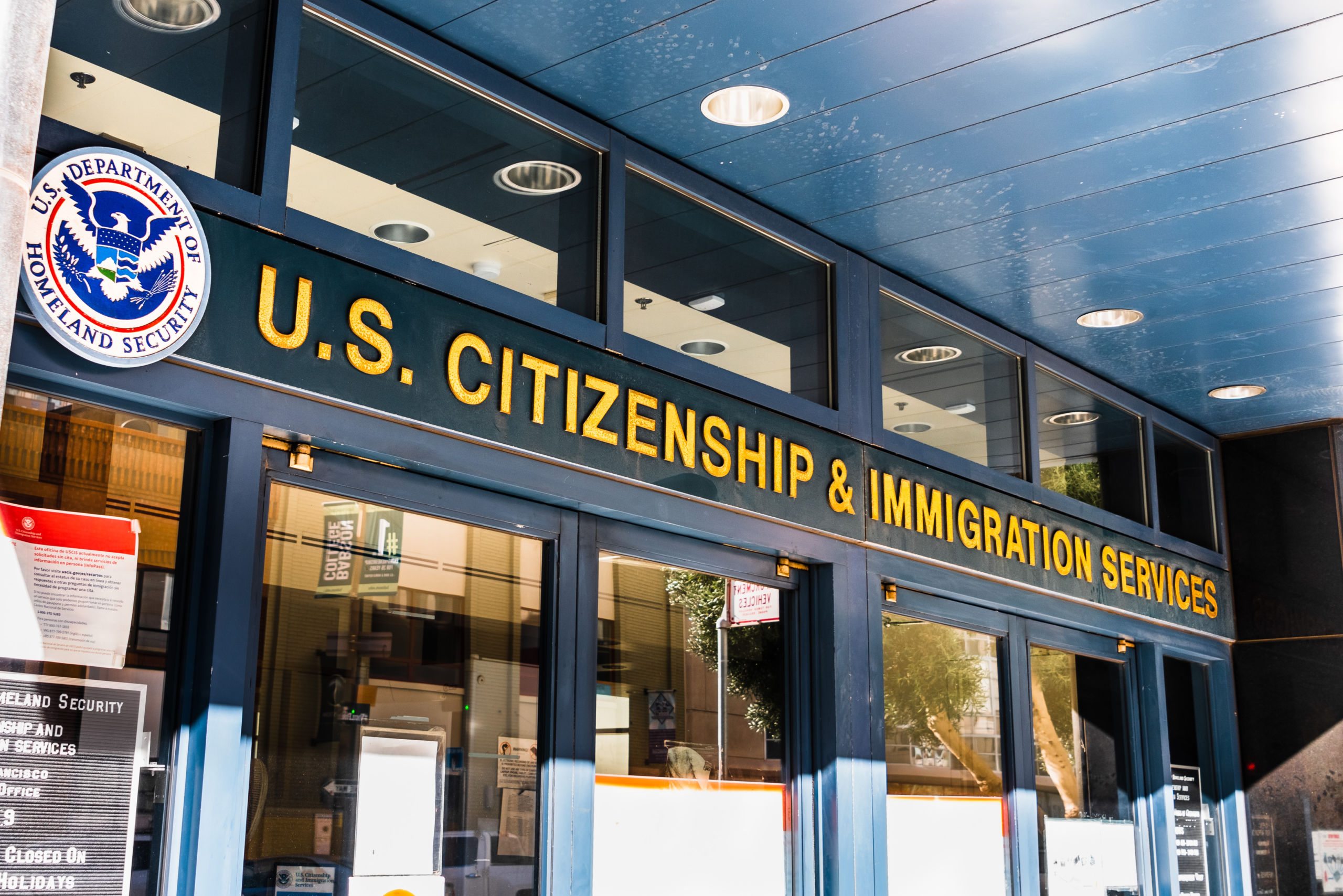By: Richard Hanus, Esq.
Published June 23, 2022
Over the course of the pandemic, people in the U.S. and around the world have gotten used to all kinds of inconveniences and delays. There is a new normal out there and we humans have by and large learned to adapt and adjust our expectations. The world of U.S. immigration and agency processing of applications such as for green cards and US citizenship is no exception, and delays related to both the pandemic and the previous administration’s neglect of our legal immigration system continue to rear their ugly head.
In general, foreign nationals present in the U.S. and applying for green card status (as opposed to immigrant visa applicants seeking consular processing abroad) along with green card holders applying for U.S. citizenship, will generally wait no more than 12 months to complete their process. There are a fraction of cases though that get stuck in the system for both good reasons or no reason at all, and the delays can go on for years.
In recent months, a percentage of citizenship applicants who have been waiting a year or more for their initial interview to be scheduled have been advised that the reason processing of their case is delayed is because their underlying alien file or “A file” is located in an inaccessible basement of a federal government warehouse. From there, applicants are left to ponder whether to just wait out the snafu, or file a lawsuit to shake things up and compel action by U.S. immigration authorities to get their interview finally scheduled.
Long pending applicants who have recently chose the latter option, include the Kapoor Family, who last week filed a federal court complaint to compel action on applications pending since March, 2020. According to their court filings, Devinder Kapoor is the “co-founder of a very large start-up company that deals in flexible packaging material,” and Nikita Kapoor “works for LinkedIn and might have to travel abroad for work now that COVID-19 restrictions are being eased and companies are increasingly requiring people to be back [in] the office”. The Kapoors, like most long time permanent residents, eventually want to become U.S. citizens because they have made the U.S. their home, and are looking to avail of all of the rights and privileges that come with U.S. citizenship, such as the right to vote in upcoming federal elections. Additionally, becoming a U.S. citizen and having a U.S. passport allows the Kapoors to avoid the hassles and delays of having to obtain visas to enter certain countries, countries that otherwise subject U.S. permanent residents to visa requirements.
The excuse presented to the Kapoors up to this point is that their files are all located in a National Records Center warehouse that is inaccessible as a result of protocols put in place at the start of the pandemic. The Kapoors are of the mindset, and perhaps appropriately, that somehow immigration authorities will find a solution to this problem by bringing the locked warehouse door issue to the attention of a federal court. My gut tells me their cases will be processed to completion no later than summer’s end. For more information, see Devinder Kapoor et al. v. United States Citizenship and Immigration Services et al., case number 3:22-cv-03732, in the U.S. District Court for the District of New Jersey.
PUBLISHED June 23, 2022– “IMMIGRATION LAW FORUM” Copyright © 2022, By Law Offices of Richard Hanus, Chicago, Illinois

